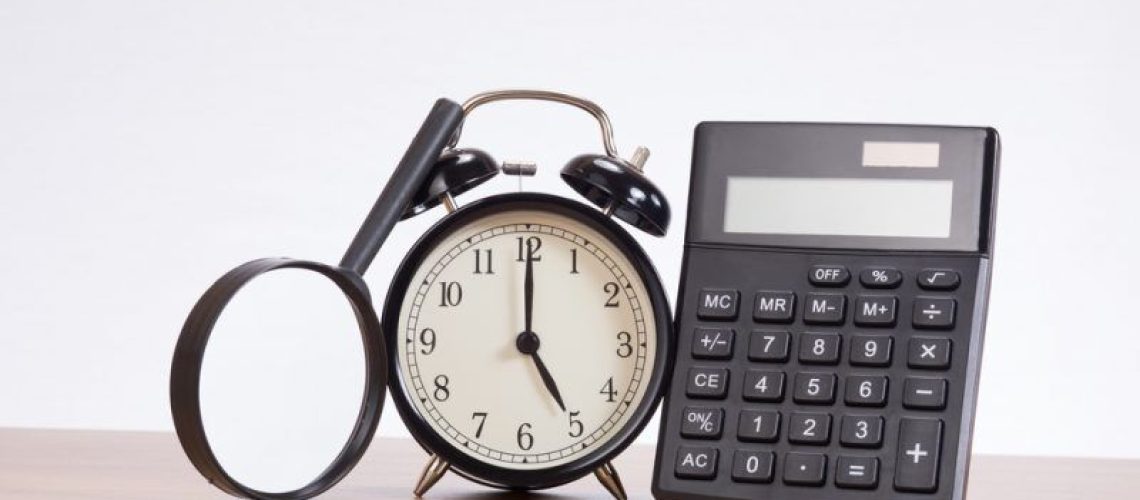There have been a lot of changes to credit reporting over the last 18 months. While many of these changes have been welcomed, one has remained a point of controversy and is the subject of much talk and misunderstanding. That is the recording of loan repayment histories on credit files.
This is often referred to as repayment history information or RHI and is essentially a record on a credit file showing if payments on current loan facilities have been serviced on time.
Repayment History on the Credit File
A late payment recording is different to a payment default, being a formal record of an account sixty days or more in arrears. In order to list a default a credit provider must provide specific information to the borrower advising them of their intention to record a default and how the borrower may avoid this, once listed a default will be recorded for five years. A credit provider is able to record a late payment on a credit file without providing any documentation to the borrower. This point is something that has attracted its fair share of attention from the media and consumers alike.
From a credit reporting standpoint a payment is considered to be late after 14 days from the due payment date. Let’s assume a particular loan repayment requires two fortnightly payments; even if one payment was made, the other missed account would be considered late and the credit provider could record this on the borrower’s credit file. Even if a “part payment” on an account is made for a particular month the credit provider can still consider this a late payment.
Late payment recordings will not display the actual amount, they will be recorded using a 1, 2, 3, 4, 5, 6 next to the account. The higher the number the more payments have been paid late. Account types where late payment information can be recorded include Home Loans, Credit Cards and Personal Loans. Utility and phone accounts cannot be listed.
The big question is will a late payment recording affect a person’s ability to secure finance?
Before I answer this, let’s first look at why this information is now able to be recorded. Credit providers take a number of factors into account when assessing a loan application, one of these factors is a credit report. The information contained in a credit report helps a credit provider to determine the credit eligibility of an applicant.
It is important to note that credit providers have an obligation to lend responsibly and only to provide credit to people that can afford to repay the loan without hardship. Keeping this point in mind, it stands to reason that late payments on a credit file would be viewed by a credit provider as a negative event. A credit provider would have to question the viability of providing further credit to someone that appeared to be having trouble keeping up with their current debt levels and unless this situation could be expanded to a satisfaction of the lender there is every chance they would decline the application based on the repayment information.
In short there is little doubt that late payment recordings on a credit file will have the potential to affect people’s ability to secure credit. Even though many may not agree, I feel that the recording of late payments is ultimately a good thing as if a loan is granted to someone that is unable to afford the repayments, it has the potential to put them into an even worse financial situation and this is not in the best interests of the credit provider or the applicant.
John Dickinson
Clean Credit Pty Ltd

